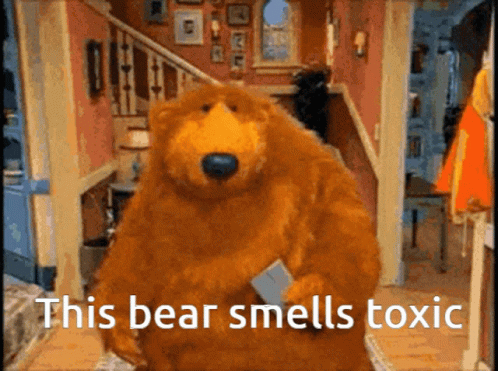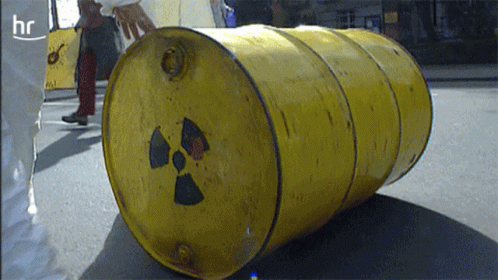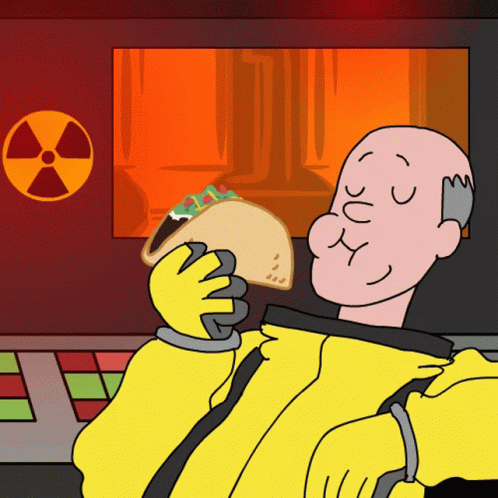



Hello to everybody! Would you like to find out if you fit the mold of a toxic individual? You can accomplish it thanks to the Toxic Person Test we’ve created for you! Twenty questions in this Difficult Person Test will ask you to indicate whether or not your behavior is toxic.
Would you like to find out how others see you? Take our Am I Annoying? | Free & Honest Test | Instant Results test and check it out now!
Actions that cause injury or show disregard for the mental conditioning of others are considered anti-social behaviors. It is also described as any activity that is thought to be disruptive to other members of society or that violates another person’s fundamental rights. This may be done in a number of ways, including, but not limited to, overt and covert animosity as well as purposeful aggressiveness. Social interactions within the family and community are equally important for the development of anti-social behavior. A child’s temperament, cognitive capacity, and participation with unfavorable peers are all continually impacted, which has a significant impact on how well they can work together to solve problems. Anti-social behavior is another term frequently used to describe conduct that is thought to be in opposition to accepted standards of decency. It is a challenging concept to define, according to academics, especially in the UK where numerous activities come under this umbrella.

Even though the phrase is relatively new to the general language, anti-social conduct has been a term used in the psychosocial field for many years, where it was described as “unwanted behavior as a result of personality disorder. “For instance, the British criminologist and forensic psychologist David Farrington asserted that among other wrongdoings, anti-social conduct among youths might include theft, vandalism, risky sexual behavior, excessive smoking, heavy drinking, conflicts with parents, and gambling, to mention a few. Anti-social conduct frequently coexists with other behavioral and developmental problems such as impulsivity, depression, ADHD, and learning difficulties. In addition to these problems, one may be genetically predisposed or more likely to exhibit such behavior as a result of environmental stresses during pregnancy and the early years of development.
Persistent antisocial conduct was classified as an antisocial personality disorder. Genetic risk factors include abnormalities in the prefrontal cortex of the brain, whereas neurobiological risks include drug use by expectant women, challenging births, low birth weight, prenatal brain injury, severe head traumas, and chronic diseases. The World Health Organization has categorized it as a dissocial personality disorder in the International Classification of Diseases. Children and teens with conduct problems, such as conduct disorder or oppositional defiant disorder according to the DSM-5, may also have a pattern of repeatedly anti-social behaviors. It has been hypothesized that people with intellectual disabilities are more likely to engage in antisocial behavior, though this could be due to social isolation and mental health issues. This subject requires more study.
Both pro- and anti-social conduct can be influenced by prejudice and intent. Infants may behave in ways that appear to be antisocial, but it is widely considered that they are too young to understand the difference until the age of 4 or 5. According to Berger, parents should impart the knowledge that “emotions need to be managed, not depressed” to their children. Because it presupposes that an action that seems to be the same would have fewer probable reasons in a more sophisticated brain than in a less complex brain, the assumption that an action that is merely ignorant in newborns will have antisocial causes in adults older than 4 or 5 years old is problematic. It is challenging because, rather than reducing the number of potential causes of behaviors that appear to be the same, a more complex brain multiplies them.
According to studies, youngsters who bully or act aggressively toward others between the ages of 13 and 14 go on to display antisocial traits as young adults. This high correlation between juvenile aggression and antisocial behavior is supported by robust statistical connections. In accordance with analyses, 20% of these young people who display antisocial conduct as they mature had court appearances and/or police involvement.
Numerous research on the impact of the media on antisocial behavior has been found to be inconclusive. While some studies have shown significant links between violence and watching violent media, others have found less evidence to back their claims. The single universally acknowledged fact about antisocial conduct is that parental supervision has unquestionably a significant influence; giving kids brief critical assessments of violent characters helps to lessen violent repercussions in the person.
Are you interested in finding out more about toxic traits in a woman or in a man? We suggest you to visit this site to find more toxic person test types.
Do you wish to learn whether you tend to engage in toxic behavior? In such a case, you are in the right spot. See what score you can earn on this test by responding to the twenty questions.